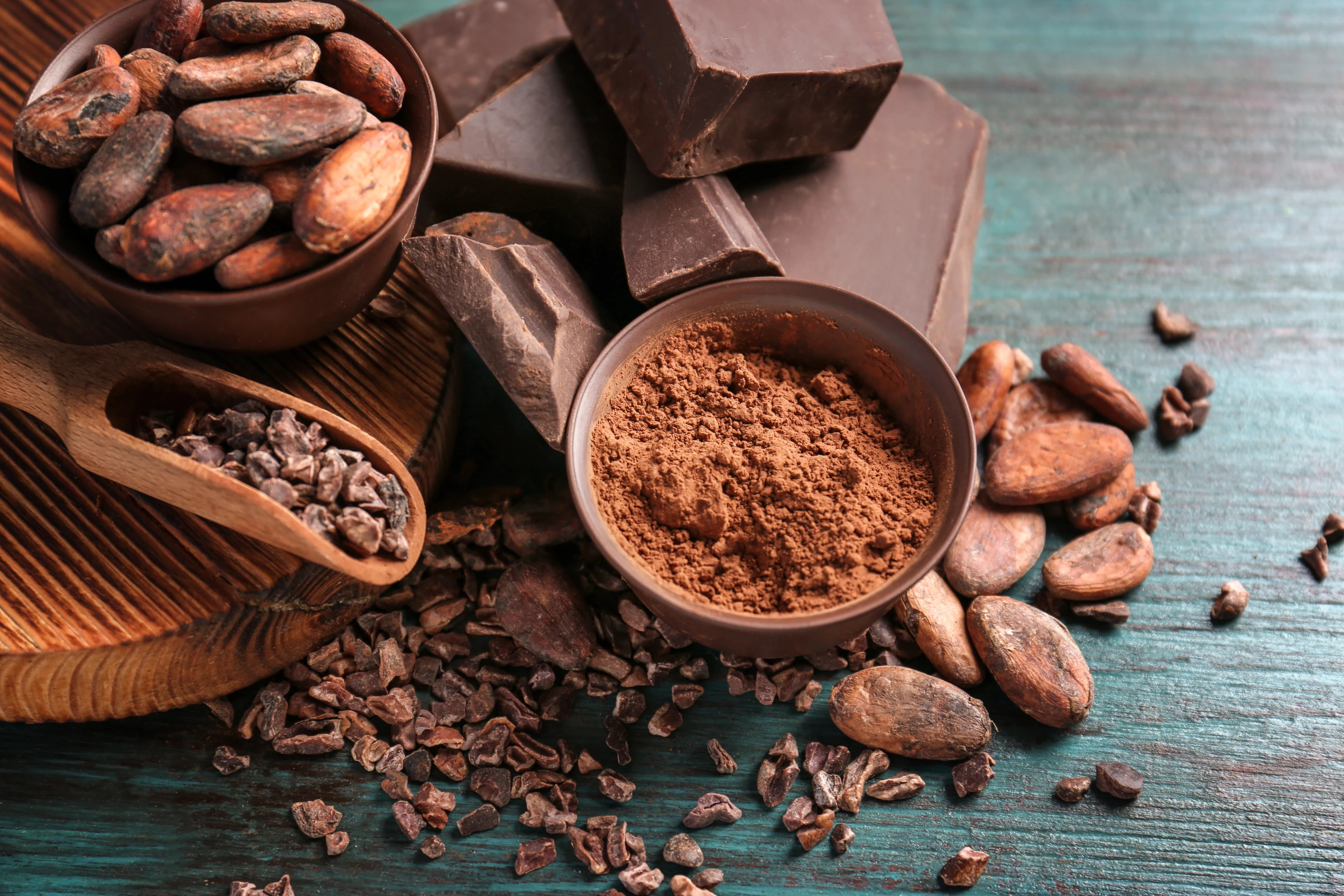A daily cocoa extract supplement rich in flavanols appears to reduce age-related inflammation, according to new results from the largest study of its kind to date. The findings add biological support to earlier evidence that cocoa flavanols may help protect the heart, and hint at how the plant compounds influence the aging process by dialing down "inflammaging."
In new research led by a team at Mass General Brigham, scientists investigated changes in five age-related markers of inflammation among participants who received daily cocoa supplements over several years. The data covered 598 participants randomly selected from the COcoa Supplement and Multivitamin Outcomes Study (COSMOS) trial – a large, randomized, double-blind, placebo-controled trial involving 21,442 participants aged 60 years and above.
The cocoa arm of the trial tested a daily extract supplement containing 500 mg of cocoa flavanols, and within that mix, about 80 mg came from a single compound called epicatechin – thought to be one of the most important flavanols for heart and blood vessel health.
“Our interest in cocoa extract and inflammaging started on the basis of cocoa-related reductions in cardiovascular disease,” said corresponding author Howard Sesso, an associate epidemiologist at Brigham and Women’s Hospital. “We also appreciate the important overlap between healthy aging and cardiovascular health, where aging-related inflammation can harden arteries and lead to cardiovascular disease. Because of that, we wanted to see whether multi-year cocoa extract supplementation versus a placebo could modulate inflammaging – and the data suggests it does.”
In this new study, scientists analyzed blood samples taken from the 598 participants (average age 70 years) to measure several inflammaging biomarkers: three pro-inflammatory proteins (hsCRP, IL-6, and TNF-α), one anti-inflammatory protein (IL-10) and one immune-mediating protein (IFN-γ, or interferon-gamma). Comparing changes in these biomarkers measured at baseline, and several yearly follow-up checks, markers overall remained fairly consistent, however, hsCRP levels dropped significantly by 8.4% each year compared with placebo. This is a meaningful result, because high-sensitivity C-reactive protein – hsCRP – is an inflammatory marker that can signal increased risk of cardiovascular disease.
In previous studies, cocoa extract has been shown to reduce markers of inflammaging, which scientists see as key to slowing the aging process and boosting healthy aging in older adults. In this latest research, participants taking the cocoa supplement also had a modest rise in IFN-γ, at a rate about 6.8% higher per year than seen in the placebo group. While IFN-γ is an immune-related signaling protein, the significance of this increase isn't entirely clear.
“Interestingly, we also observed an increase in interferon-γ, an immune-related cytokine, which opens new questions for future research,” said senior author Yanbin Dong, M.D, Director of the Georgia Prevention Institute (GPI). “While cocoa extract is not a replacement for a healthy lifestyle, these results are encouraging and highlight its potential role in modulating inflammation as we age.”
Earlier studies have linked the cocoa compounds to improved memory and protecting against type 2 diabetes, while others – including research published in 2016, 2019 and 2023 – have specifically investigated whether cocoa flavanols could reduce inflammation and oxidative stress in older adults. However, it's worth noting that in those studies, as well as in the COSMOS trial, supplements made from cocoa contained flavanols that are also present in foods like tea, berries and grapes. As such, the findings may reflect the broader benefits of this family of plant chemicals, not cocoa alone.
The researchers also declare that while food manufacturer Mars was involved in providing materials for the study – via its science research segment, Mars Edge – the company had no role in trial design, conduct, data collection, analysis or the final paper's findings. And the COSMOS trial itself was investigator-initiated and overseen by numerous academic teams.
The Mass General Brigham team now plan to investigate whether cocoa flavanol and multivitamin regimens can help curb more severe inflammaging and benefit other aging-related health concerns beyond heart disease.
“This study calls for more attention to the advantage of plant-based foods for cardiovascular health, including cocoa products rich in flavanols,” added Sesso. “It reinforces the importance of a diverse, colorful, plant-based diet – especially in the context of inflammation.”
The study was published in the journal Age and Ageing.
Source: Mass General Brigham





